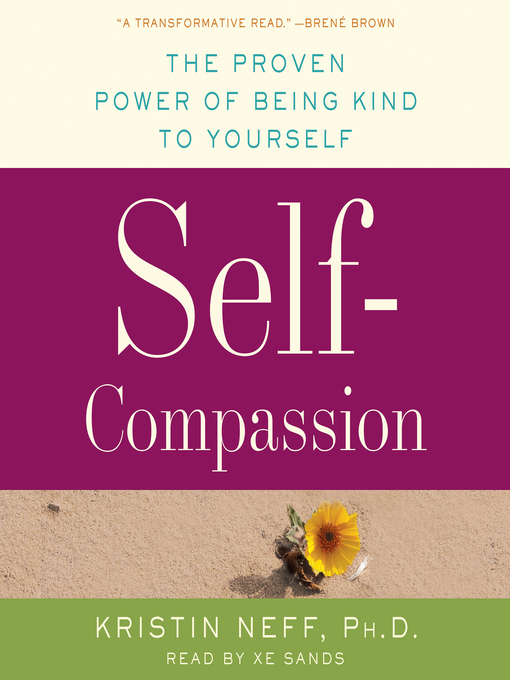
Self-Compassion
The Proven Power of Being Kind to Yourself
کتاب های مرتبط
- اطلاعات
- نقد و بررسی
- دیدگاه کاربران
نقد و بررسی

Xe Sands presents this guide to developing compassion for oneself, which is augmented by a self-assessment, exercises, and additional materials available on the Internet. Neff tells of her own journey to greater compassion for herself and includes anecdotes of others to further illustrate her ideas. Narrating smoothly and sincerely, Sands puts forth the author's message with a lightness that is easy to listen to. Sands sympathetically directs listeners to examine the harshness of self-judgment to deconstruct their negative self-image as a first step to being as compassionate and kind to themselves as they would be to friends or family. Her quiet encouragement advances the message of the author. J.E.M. © AudioFile 2012, Portland, Maine

March 14, 2011
Through her encounters with eastern spirituality, Neff, an associate professor in human development at the University of TexasâAustin, began to understand that having compassion for oneself is as important as having compassion for others: "From the Buddhist point of view, you have to care about yourself before you can really care about other people." As Neff defines it, self-compassion has three core components: self-kindness, realizing one's common humanity, and mindfulness. Self-kindness means being gentle and understanding, rather than harshly critical of our own errors. The recognition of common humanity involves feeling connected to others rather than alienated by our suffering. Mindfulness requires "that we hold our experience in balanced awareness, rather than ignoring our pain or exaggerating it." While exploring these three components in depth, Neff weaves in events that inform her own life, such as the "precipice of despair" she felt while struggling emotionally with her son's autism. By sharing such personal anecdotes, Neff helps readers understand how self-compassion can aid them. Neff's compassionate tone makes Buddhist principles accessible, and exercises make them applicable in real life.

























دیدگاه کاربران